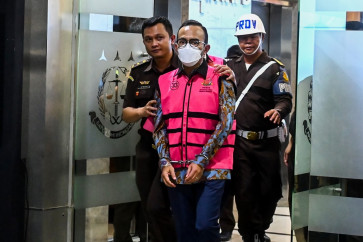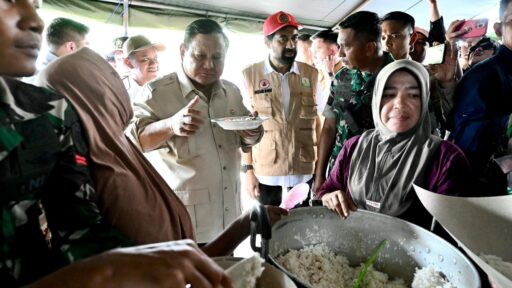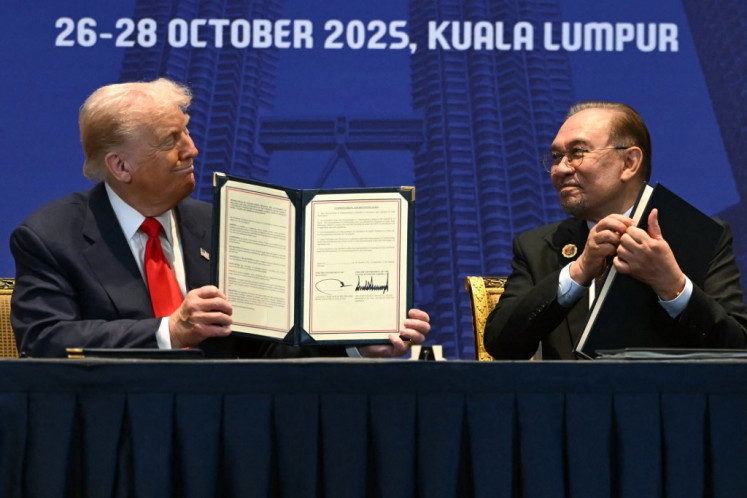Popular Reads
Top Results
Can't find what you're looking for?
View all search resultsPopular Reads
Top Results
Can't find what you're looking for?
View all search resultsRenewable energy projects set to kick off
The government is accelerating the development of renewable energy by setting up a number of pilot project plants
Change text size
Gift Premium Articles
to Anyone
T
he government is accelerating the development of renewable energy by setting up a number of pilot project plants. The government also plans to issue regulations to push the state electricity firm PLN to buy power from these renewable projects.
The Energy and Mineral Resources Ministry has rolled out a plan that would make a number of provinces less dependent on fossil fuels for generating electricity.
Under the plan, by 2018 Bali would be able to rely 100 percent on renewable energy to power the whole island.
The ministry also signed a memorandum of understanding with regional administrations in Central Kalimantan to kick off a biomass energy project on 63,000 hectares of degraded land in the Katingan and Pulang Pisau areas earlier this July.
The government also expects to set prices for power generated from solar and wind to attract local and foreign investors to construct power plants and then oblige state electricity firm PLN to buy power from them.
The ministry has also previously set prices for power from water and geothermal energy sources. However, its implementation has been complicated by negotiating a price for the power with PLN.
'The government is expected to set feed-in tariffs [for power from solar and wind] soon to attract investors because by then we will have fixed prices,' Maritje Hutapea, director for energy conservation with the ministry said as quoted on the ministry website.
Separately, William Sabandar, a senior advisor to the ministry on renewable energy, said Thursday that the government was now working to reach the ambitious target of using renewable energy to generate 23 percent of the total power in Indonesia by 2025.
Currently, the nation uses renewable energy to produce only 6 percent of total existing power, so it needs to boost this figure by 17 percent within a decade.
'We need to make a breakthrough to achieve it. We can't go on with business as usual. The breakthroughs are needed in policies, funding mechanisms, technology and capacity building,' said William, who is also chief of a task force dedicated to accelerating the development of new and renewable energy under the ministry.
The task force is now focusing on solar, wind, sea current, hydro, geothermal, biofuel and energy conservation.
In the Bali pilot project, the task force has established three goals that have to be reached on a yearly basis until 2018.
By next year it plans to activate the geothermal site in Bedugul and to turn waste at Suwung, in South Bali, to energy. In addition to this, the task force hopes to optimize and develop existing and new natural gas sites to transition the island away from coal to cleaner energy.
By 2017 it plans to establish micro sites at community levels. By the end of 2018, Bali hopes to become a center for applied research in clean energy.
Earlier this August, French company Sodaco Satarem reportedly offered to partner with Bali to manage waste at Suwung.
'The project in Bali and Central Kalimantan will be funded by the state and local and foreign investors,' William said.
The project in Katingan and Pulang Pisau, Central Kalimantan, meanwhile, is the first biomass energy project that the government has established on what used to be mining land. William said that the ministry hoped to utilize 10 million hectares out of at least 70 million hectares of degraded land in Indonesia for biofuel development. (rbk)










